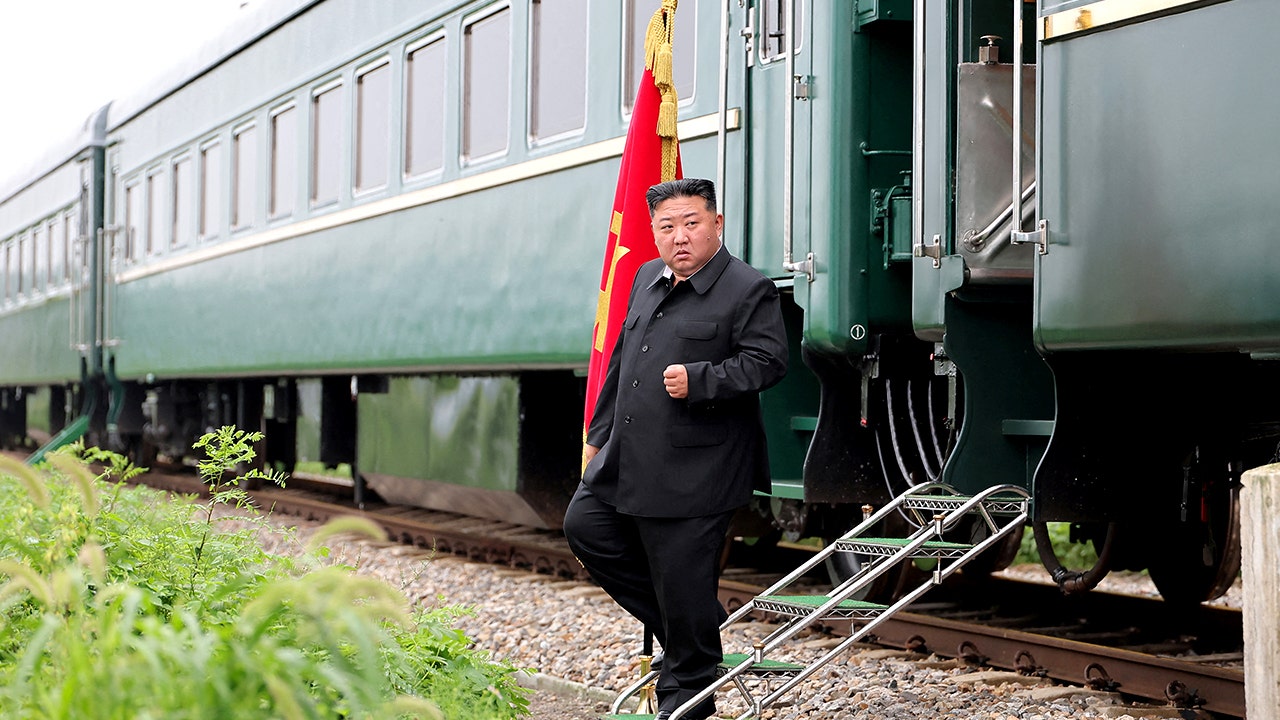Kim Jong Un’s trip to China by armored train is a signal before it is a summit. Protocol, sealed corridors, and staged images show Beijing and Pyongyang resetting expectations. On the table: defense cooperation, food and fuel support, and selective tech exchanges—skirting sanctions while easing chronic shortages and rewarding loyalty. for both capitals.
For Pyongyang, the asks are concrete: machine tools, refined fuels, fertilizers, and components to keep missile and satellite programs viable. In exchange, labor, minerals, or quiet supplies to third parties become bargaining chips. Beijing wants border stability, leverage over a volatile neighbor, and cross-border trade that cushions its northeast. Aid and farm know-how add deniability.
The backdrop is Russia’s war in Ukraine and North Korea’s tilt toward Moscow. Reports of artillery transfers and missile tests have intensified scrutiny, and China’s hospitality signals that Pyongyang has options. That complicates sanctions enforcement. Seoul and Tokyo are improving missile defenses and alliance coordination; Washington will lean on interdictions and export-control policing. European sanctions coalitions will test unity as evidence thresholds remain disputed.
For South Asia, the relevance is indirect but real. Disruption in Northeast Asia lifts insurance and freight costs across Pacific routes, feeding inflation and squeezing importers. Fertilizer and steel inputs can whipsaw if China channels more support northward. For Bangladesh, hedge procurement, watch freight premiums, and monitor electronics supply chains for shocks. The train is theater; consequences travel far. Ports, insurers, and central banks will price these risks quickly.










